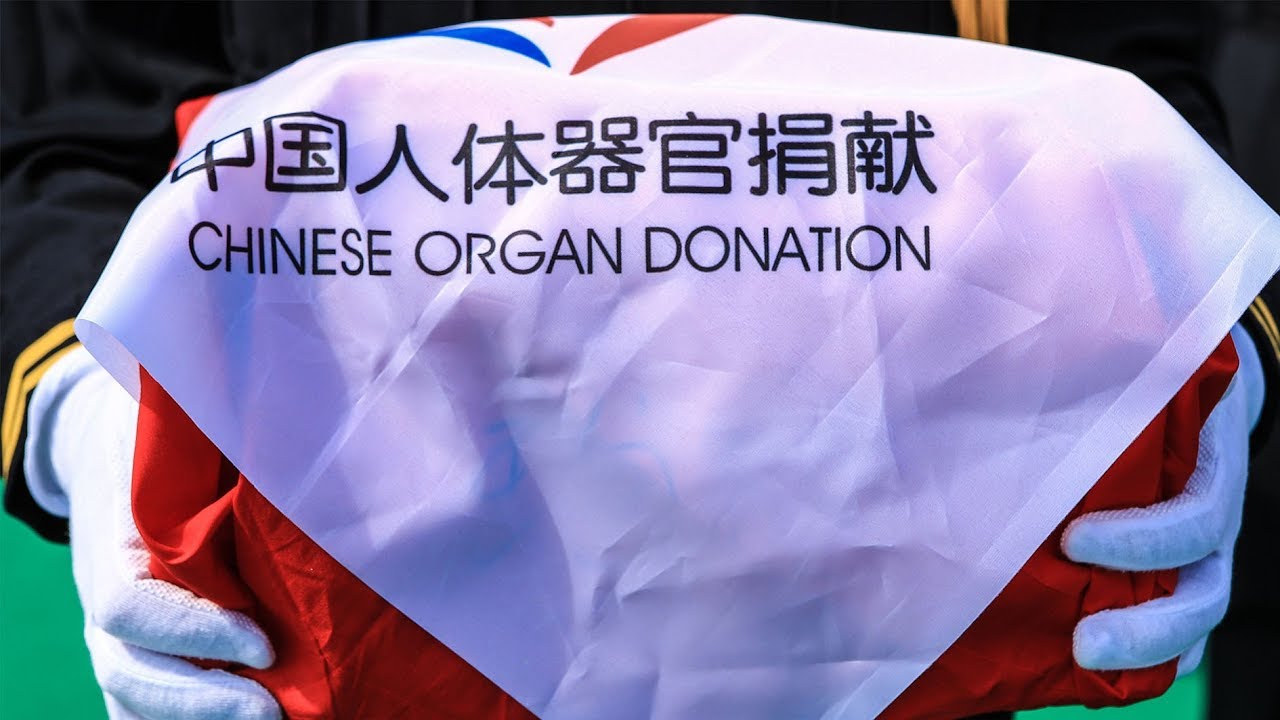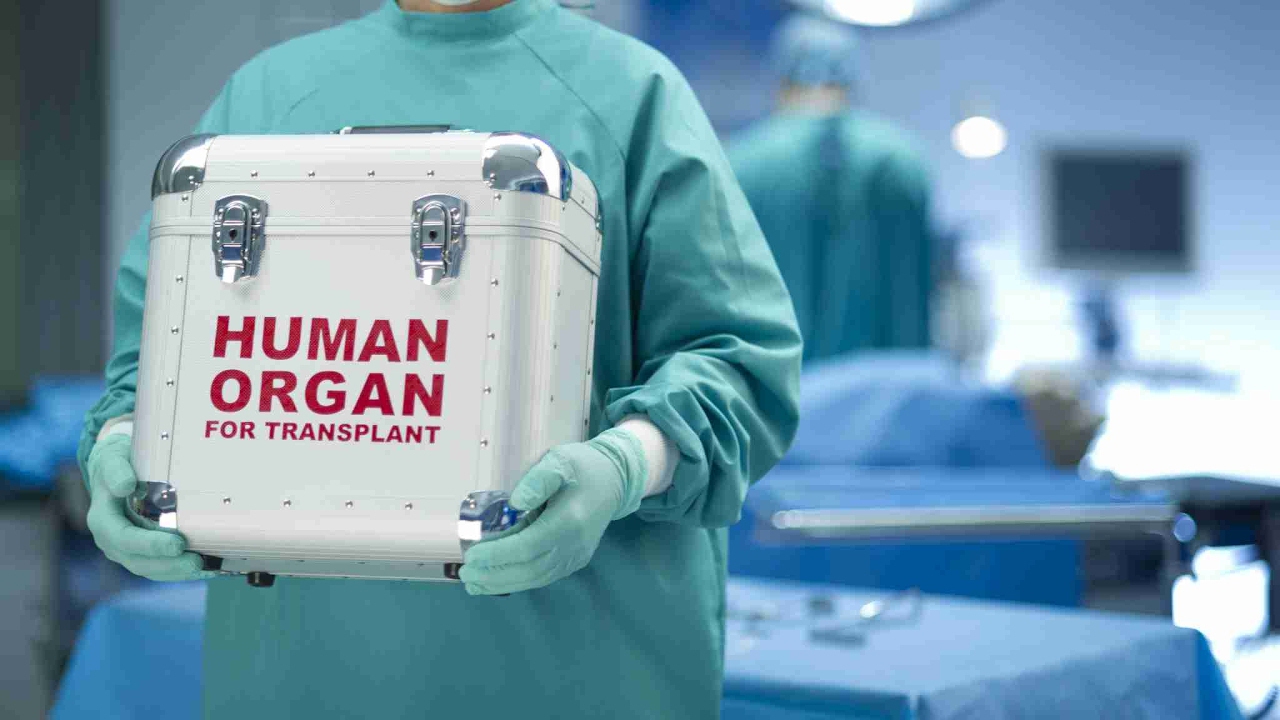
From the People's Daily app.
And this is Story in the Story.
The number of organ donors in China is going up fast which is encouraging news for people with terminal conditions who need organ transplants.
And it means that the time patients have to wait for a transplant is getting shorter.
By the end of February this year, the number of registered organ donors in China exceeded 1.05 million, compared with 1,087 in 2010, the year China began to pilot organ donations, according to the China Organ Donation Administrative Center. More than 64,000 organs have been donated since then.
The turning point came in 2015, when China banned the use of organs harvested from executed prisoners, which made voluntary donations the only legitimate source of organs. Since then, the number of organ donations and the number of organ donors have continued to increase rapidly, according to data from health authorities.
In 2016, the number of newly registered organ donors exceeded 104,000 - more than three times the number for 2015, according to the center.
Today's Story in the Story looks at the organ donor trend in China and how, while numbers are going up, there is still a shortage of organs.

(Photo: Agencies)
Last year, 6,302 people donated organs after death in China, an increase of 22 percent compared with 2017. About 20,200 transplant surgeries were completed last year, an increase of 21 percent compared with 2017, ranking second in the world after the United States, according to the National Health Commission.
On average, 6.8 of every 1 million people donated organs after death or while alive for their relatives in China last year, a record high, according to the China National Organ Donation and Transplantation Committee.
Guo Yanhong, deputy chief for medical administration and supervision at the National Health Commission, said that with an increasing number of organ transplant surgeries performed, Chinese physicians are also making progress in organ transplant technologies, and a number of world-class centers in transplant surgeries, covering major organs such as livers, kidneys, hearts and lungs, have been established in China.
With an increasing number of donations and surgeries performed every year, authorities have also established a computerized supervision system that covers the entire sector, including organ donation, retrieval, distribution and transplant, so they are under the supervision of health authorities, she said.
When Zhao Xueming, a middle school math teacher in Beijing, knew he had late-stage liver cancer in February last year, he felt despair.
"I was scared to the soul, and I thought about death every day," he said.
By then, Zhao, who was 36 at the time, had received various treatments at Beijing Tsinghua Changgung Hospital for four months. However, he believed he had some other liver disease, since his parents, in order to avoid frightening him, never told him the truth.
"The treatments didn't work well," he said. "At last my doctor decided on liver transplant surgery for me to save my life."

(Photo: Agencies)
Zhao was lucky. He waited for around two weeks for an available organ, which was distributed through a national computerized organ sharing system and had an operation that lasted more than 10 hours in March last year.
After the surgery, Zhao enrolled to become an organ donor himself. "I am a beneficiary of organ donation and know clearly what it feels like to be a patient in need of transplant surgery and eagerly waiting for an organ," he said. "I want to do the same to save others."
Despite the increase in the number of donors, a shortage of organs is still severe in China, considering the number of patients in need of transplant surgeries.
Every year about 300,000 patients with terminal diseases need transplants in China, but only about 20,000 surgeries can be done, according to Huang Jiefu, former-vice-minister of health and now chairman of the China National Organ Donation and Transplantation Committee.
Huang said there are 182 hospitals certified in organ transplant surgeries around the country.
Chen Xinguo, director of the organ transplant center at Armed Police Force General Hospital, said that since people's traditional beliefs are still a major obstacle to organ donations, more education is required.
Chen said more efforts should be made to ensure the quality of harvested organs, especially those harvested at smaller hospitals or clinics.
"No doctor would dare to use substandard organs, since that may cost lives," he said. "We hope all organs distributed are equally up to standard."
Fan Jing, an official at the National Health Commission, said China will revise its regulations to improve oversight of organ donations and transplants to ensure safety and quality of services.
(Produced by Nancy Yan Xu, Brian Lowe, Lance Crayon, and Chelle Wenqian Zeng. Music by: bensound.com. Text from China Daily.)


